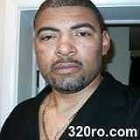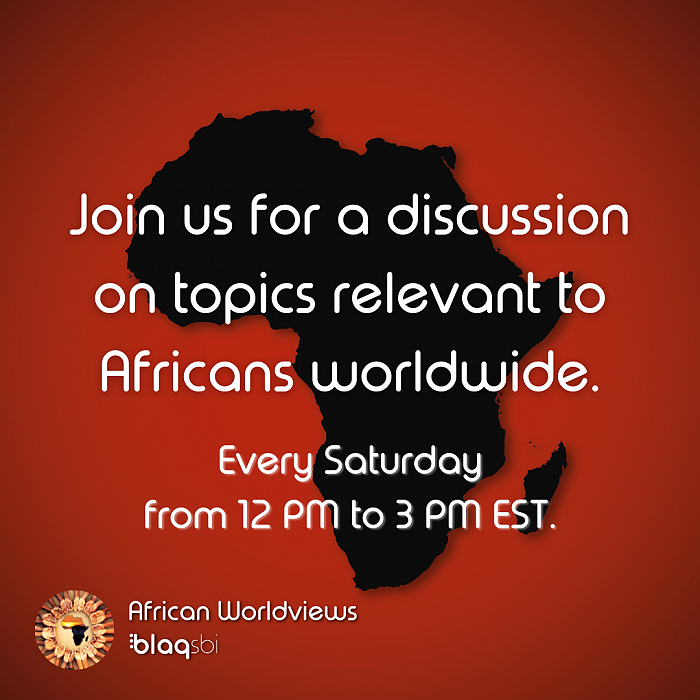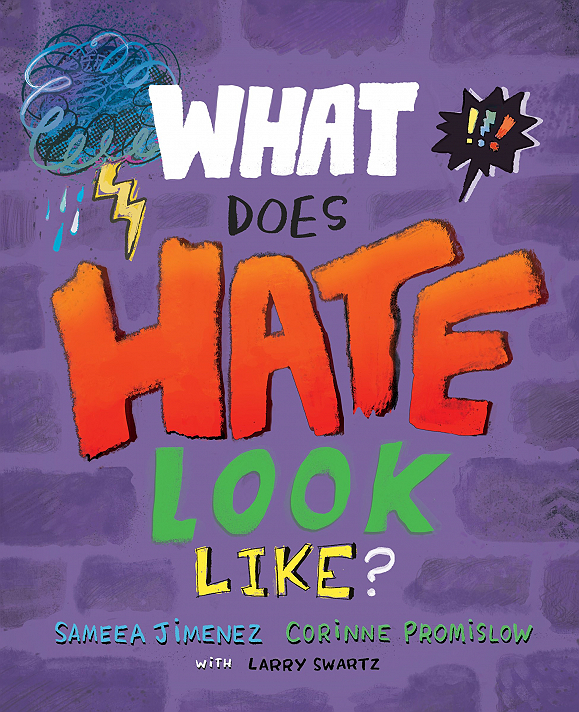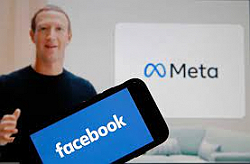Black Panther: Wakanda Forever
The eagerly anticipated sequel to the 2018 blockbuster film Black Panther premiered last week and from early reports, it will be another hit. This follow-up keeps true to the narrative of a predominantly Black/African cast and a story that is told from a Black/African perspective/point of view. However, this time around, the movie also brings into perspective another people who have also been omitted in Hollywood and they are the indigenous tribe’s people of Central and South America. The evidence is clear; Hollywood is finding success mining Indigenous Spirituality.
Black Panther: Wakanda Forever is centered around three basic themes. The first is paying homage to Chadwick Boseman, the original Black Panther who passed away in real life due to cancer. The theme of most Marvel and superhero movies has been fighting, killing, and visual effects. However, due to the popularity of Chadwick Boseman as the Black Panther, Marvel had no choice but to use Wakanda Forever as a memorial, of sorts. They knew that it’s what the audience would appreciate.
The second theme was America’s intent on getting control of Vibranium, the most powerful metal in the Marvel Universe and the source of Wakanda’s advanced technology. How ironic is it that America actually represents the white man, even if most people don’t recognize it. The biggest film to use a similar narrative was Avatar and isn’t it also ironic that the heroes in that film were also Indigenous beings protecting their spiritual home. At this point they don’t care anyway. It’s like when Trump said to a interviewer, “What, you don’t think we kill people too?”
The third theme involved Wakanda’s conflict with Atlantis, the so-called ancient lost city that many people believe still exists somewhere under the Atlantic Ocean. Marvel depicts the people of Atlantis as the indigenous people of Central and South America, who may or may not be the Aztec, the Mayans, or the Olmec. Marvel portrays Atlantis as having a similar origin story to that of Wakanda. They say that thousands of years ago, a similar Meteor to the one that brought Vibranium to Africa, brought Vibranium to Atlantis. They harnessed the meteor’s power and used it to enrich their society. When disaster struck Atlantis and the city sunk under the sea, Vibranium is what helped them to adopt and survive in isolation.
Similar to their use of Africans, Hollywood doesn’t seem to have any interest in including indigenous Americans and portraying them in a positive light other than mining their indigenous Spiritually. Wakanda Forever is essentially a three-way conflict; Wakanda and Atlantis against each other and both against America under the guise of the United Nations. In all cases, arrogance and the desire to gain or maintain control over a powerful natural resource brings about a lot of death and destruction.
Wakanda and Atlantis are fictional places; however, both concepts are infused with indigenous mythology that are present in real-life African and Central American Spirituality. Some might say that there is no danger in Hollywood mining these cultural resources and making them popular. However, some African traditionalists point out that Spiritual warfare was essential in Europe’s colonization of Africa and the brainwashing of African people’s minds into believing in Christianity. Therefore, these movies are only a further whitewashing of African Spirituality that has been deemed to be useless already.
https://www.youtube.com/watch?v=txkdHWHgkKE













